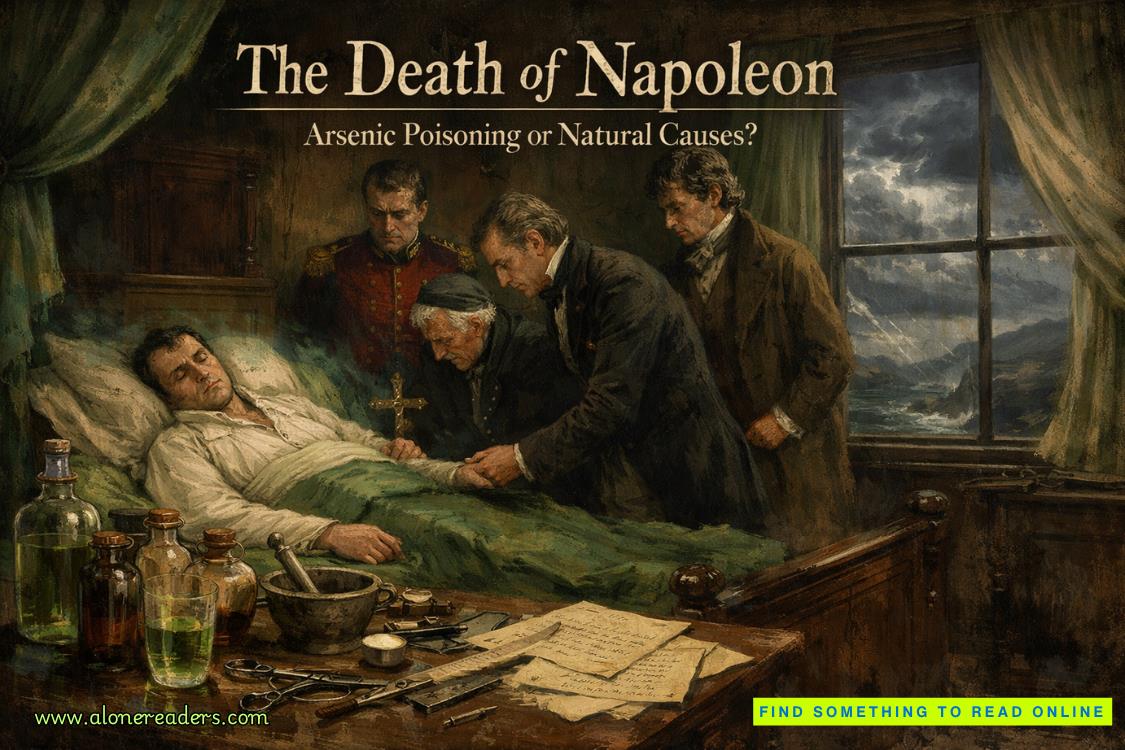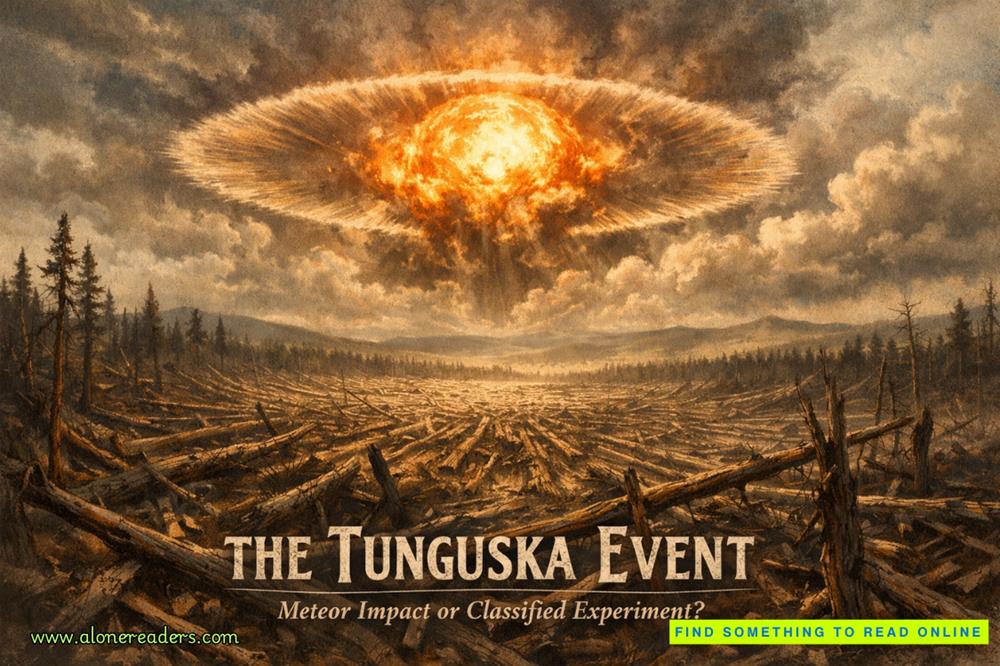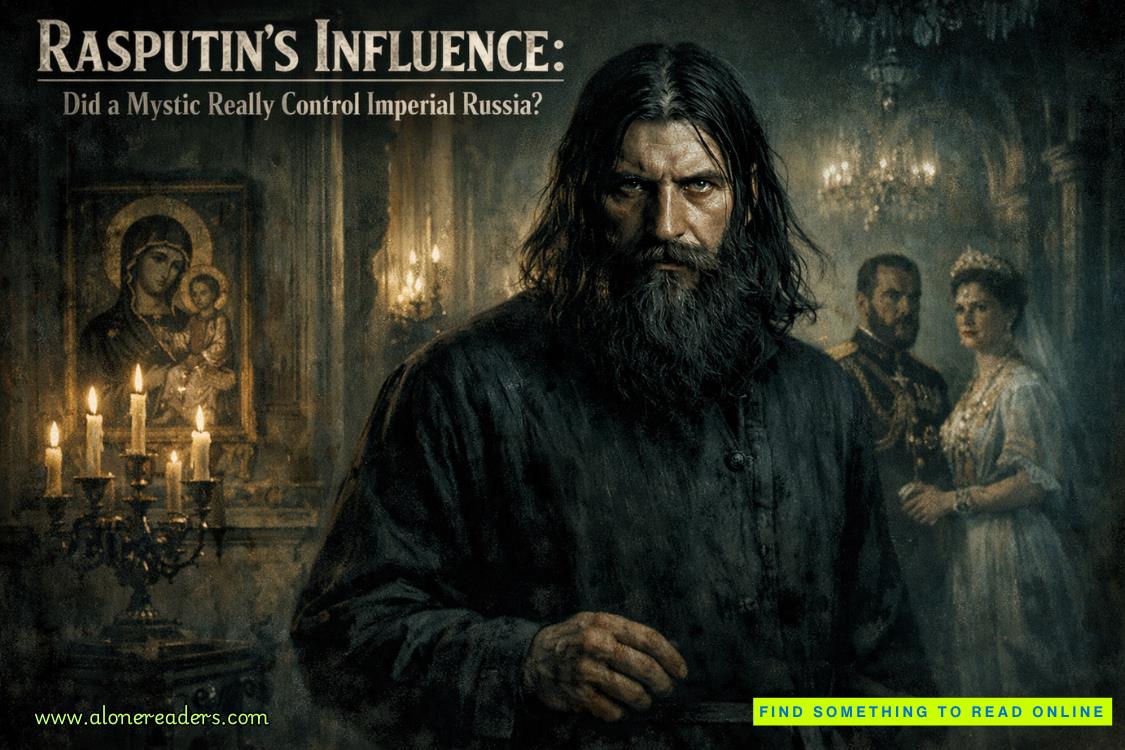“And you want to try to get him out on a medical hardship? That’s going to be a—”
“No, not a medical hardship,” Cassie said. “A habeas. I heard about that case you handled last year. I think you can get my father out. He’s innocent.”
“Cassie, that was actually almost two years ago. And after that I stopped doing criminal. I’ve been in civil court since then.”
“I still think you can get him out.”
“There is nothing I would like better than to help your father. I never thought he deserved what he got. I believed him and never thought he was guilty. But… have you taken habeas yet at USC? I don’t think it’s required at most law schools.”
She nodded.
“I took it last semester at an innocence clinic at the law school,” she said. “At one point we even talked about your case. That’s how I heard about it.”
“Well, then you know,” I said. “I’m assuming by now your father’s appeals have run their course. Habeas corpus may be his only shot, but it’s a long shot, Cassandra—uh, Cassie. To get a habeas in front of a court, you need new evidence—”
“That was unavailable at the time of conviction. Yes, I know.”
“Okay, then what is our new evidence?”
She stared me down with those dark eyes.
“The new evidence is me,” she said.
18
I GATHERED THEtroops after I got back to the warehouse. The only place with enough chairs was the cage. McEvoy was in there, working through the material Naomi Kitchens had turned over. I told him he could step out because this wasn’t about the Tidalwaiv case, but he asked to stay because he thought that anything that came up in the days before trial might be material for the book he’d write. I said that was fine and started telling them my news.
“Okay, I just took on a new habeas case,” I said. “And I know what you’re thinking, that I don’t do criminal law anymore. That is true, but this was one I felt I owed the client.”
“No, I’m thinking that you don’t have time for another case,” Lorna said. “You start picking a jury in three days, Mickey. You can’t add another case right now.”
“I think if we get things started on this one in the next day or two, it will hold till after the trial,” I said. “And like I said, I have to do this one.”
“Who’s the client, Mick?” Cisco asked.
“Her name is Cassandra Snow,” I said. “She was the alleged victim in a case I handled twenty years ago. A case I lost.”
“Let me guess, she’s changed her mind about pointing the finger at your guy?” Cisco said. “Those cases never work.”
“No, no, it’s not like that,” I said. “My client was her father. He was accused of breaking her back—she’s in a wheelchair—and twelve other counts of abuse. He said he didn’t do it and I believed him, but it was a circumstantial case and the jury bought what the prosecutor was selling. David Snow is Black and it was a mostly white jury. Then the judge just lit him up, gave him five years for every broken bone—sixty-five years total.”
“And she’s saying now he didn’t do it?” Lorna asked.
“She said it all along,” I said. “But back then, at trial, she was three years old. Her mother was gone and her father was her only parent. What she said in police interviews as a toddler didn’t really matter. She wasn’t close to the age of competence.”
“Well, why did she wait twenty years to come to you?” McEvoy asked.
I pointed at him. That was the question.
“Like I said, she’s been in a wheelchair since then,” I said. “So that sort of protected her, physically, over the years. But she was in a car wreck a month ago. She has this van she showed me. She goes up a ramp to get in through the back and then she can just park her chair in front of the steering wheel and drive it. Anyway, she got rear-ended and thrown into the steering wheel, and she broke five ribs. When she was treated in the ER, they took X-rays, and one of the doctors saw something. Long story short, she’s been diagnosed with something called osteogenesis imperfecta, which is rare and congenital—she could have been born with it.”
“Okay,” Lorna said. “And what’s it got to do with getting her father out?”
“Good question,” I said. “OI, as they call it, hinders collagen production, which leads to brittle bones that break easily. It can go undiagnosed in children or be misdiagnosed as abuse. Cassie says the orthopedic doctors who looked at her X-rays in the ER suspected from the condition of her bones that she had OI. They sent her to a geneticist, and it turns out she has a rare form of the disease, a genetic mutation that’s only recently been discovered. She is our new evidence. She gets her father a new trial.”
I realized I had spoken to them the way I would speak to a jury, with a fervor that cannot be faked. They sat there silently for a long moment until they were sure I had finished my closing argument.
“What do you want us to do, Mick?” Cisco finally asked.















